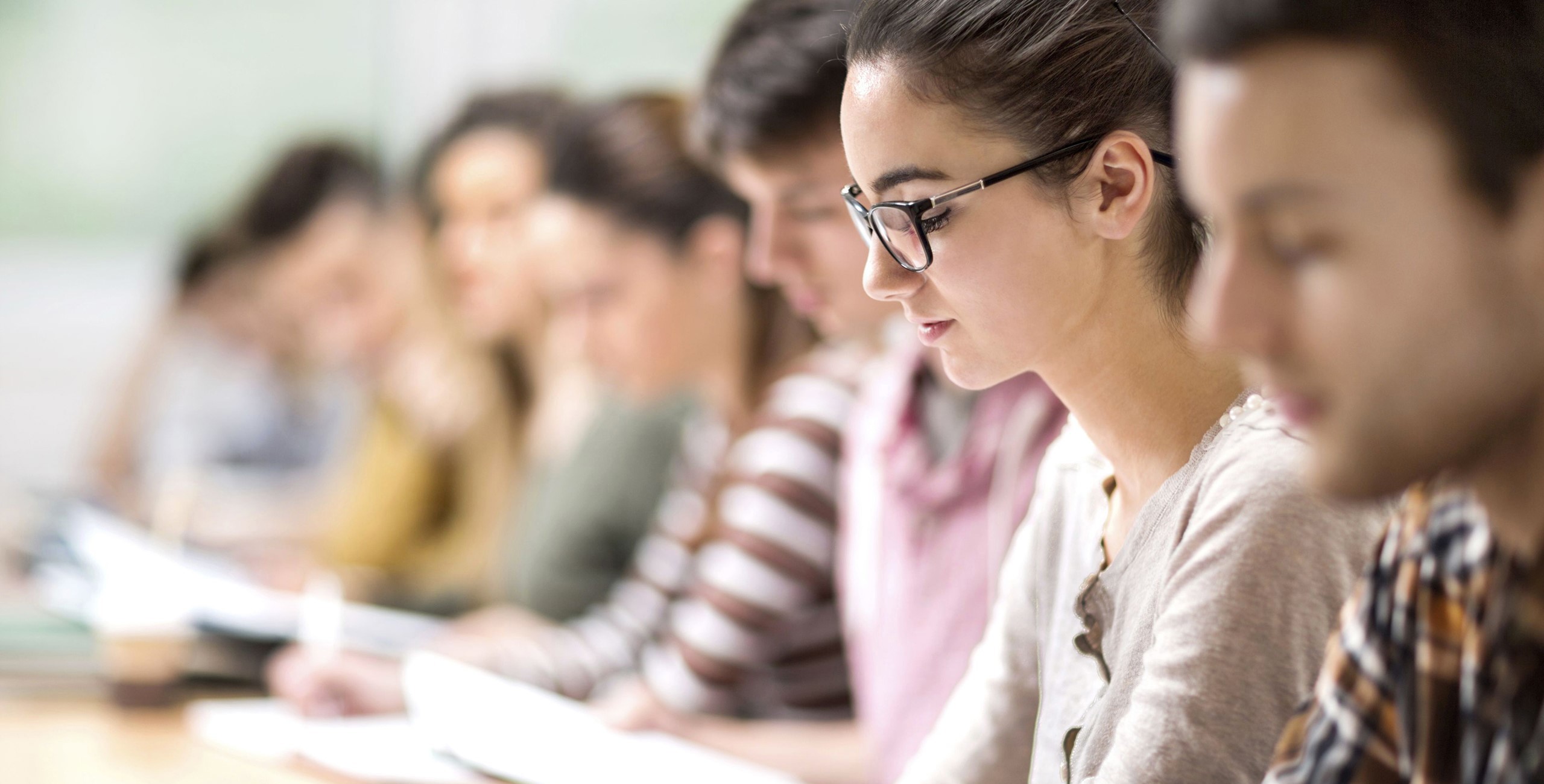
Free Education and Personal Development
In the Faroe Islands, education is of highest priority, enjoying an absolute consensus regarding the aim to provide every individual with the opportunity to explore their own unique potential. The foundation of the education system in the Faroe Islands rests on the belief that education is a universal right. Hence, schooling on all levels, from primary school to higher education, for every Faroese citizen, is free of charge.
The education system of the Faroe Islands consists of three main levels: primary and secondary education, upper secondary education, and higher education. Children normally start school the year they turn 7 years old, and school attendance is mandatory until ninth grade is completed. Thereafter, students have the option to enrol in upper secondary school, which normally takes three years to complete, and with an upper secondary school diploma, a student is qualified to access higher educational institutions in the Faroe Islands as well as abroad. In addition to the traditional upper secondary school, a number of alternative schools offer education and training in various more specified fields, such as fishery, business, technology, healthcare, and more.
Diversity and personal development
The main tasks of the school are to assist the students in their language formation and to stimulate their capabilities to acquire knowledge and to explore different working methods. Acknowledging the unique capabilities of each individual student, the approach to these main tasks is one that allows diversity and supports each student’s personal development.
While Faroese and Danish are both official languages in the Faroes Islands, Faroese alone is the official language of the fólkaskúli (primary and secondary school). Accordingly, language lessons for first and second graders only consist of Faroese lessons, whereas Danish lessons begin in third grade and English lessons in fourth grade. In eighth and ninth grade, the curriculum consists of a number of compulsory subjects that prepare the students for upper secondary school, as well as a range of optional subjects, from which the students can choose. At the end of ninth grade, students need to pass an exam that ensures entry to upper secondary schools.